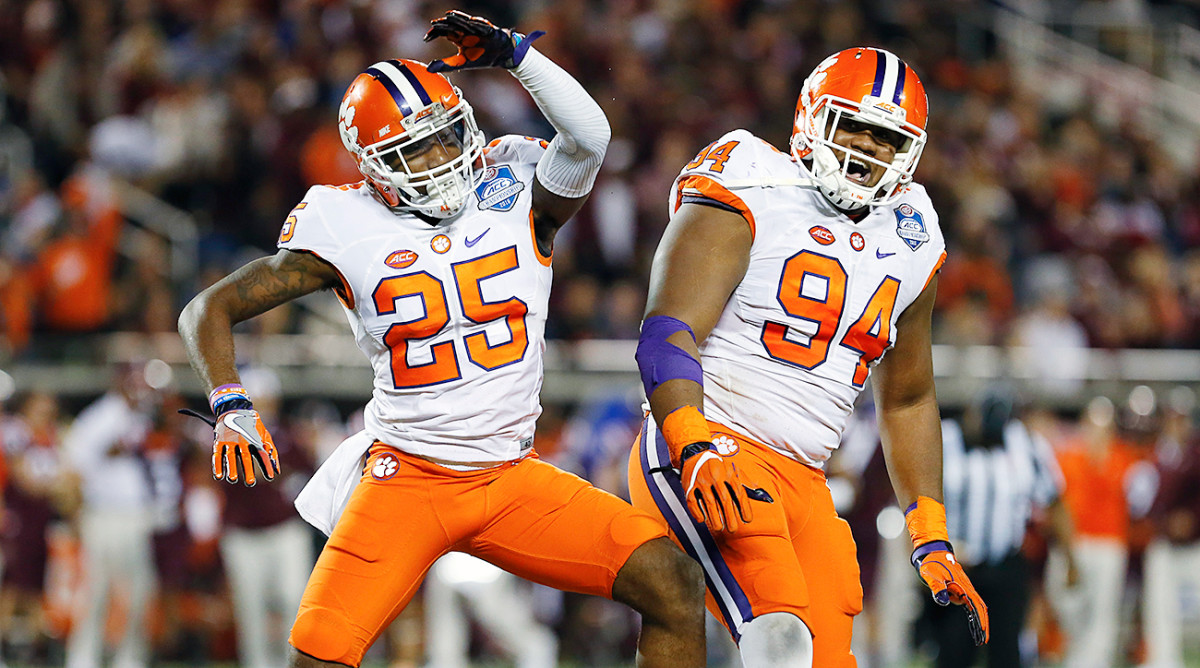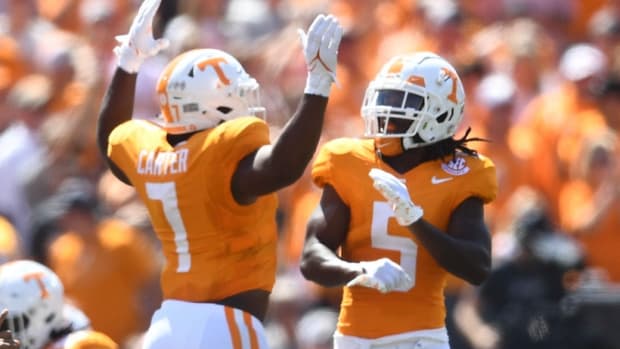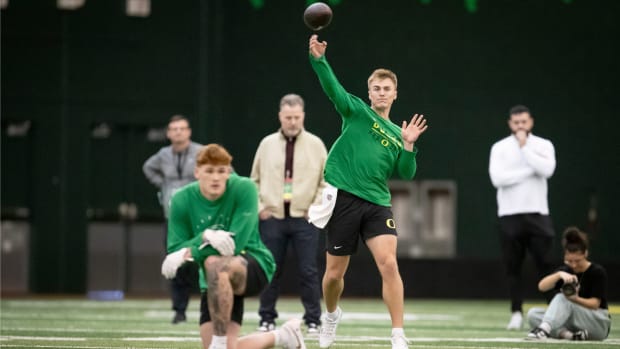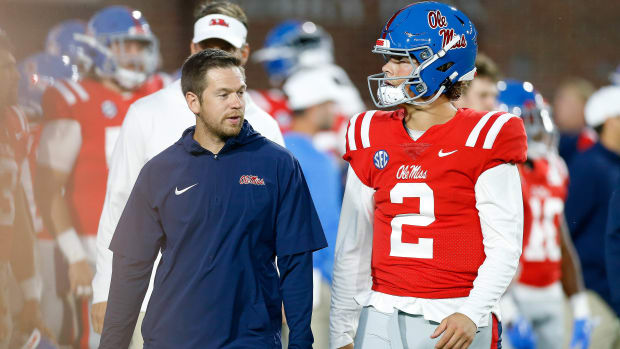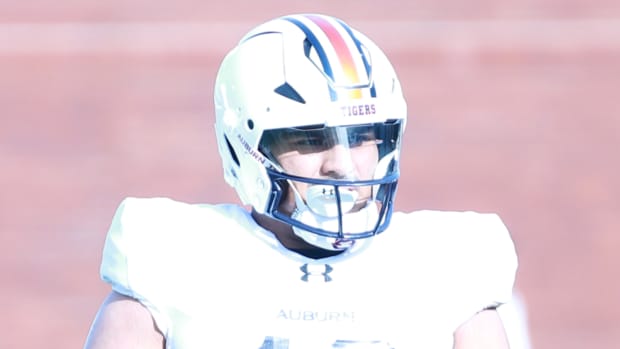The case for Clemson to win the College Football Playoff
This story appears in the December 12, 2016, issue of Sports Illustrated. To subscribe, click here.
What’s better than a team with a playoff pedigree, a deep and disruptive defensive front, a savvy two-time Heisman Trophy finalist at quarterback and abundant skill-position threats? That same package of talent and experience when it's motivated and ticked off. This is Clemson in 2016, a club that sometimes drifted in the early part of the season and squeezed out five one-score victories before its high-wire act caught up with it. When Pittsburgh upset the Tigers 43–42 on Nov. 12—in Death Valley, of all places—the defeat didn't put their title hopes to bed as much as it awakened them. "Prosperity is a terrible teacher," coach Dabo Swinney said a couple of days afterward. His team seemingly learned something anyway, following the defeat with two straight wins by more than 20 points before building a three-touchdown lead against Virginia Tech and holding on to win the ACC championship game 42–35. Beware, College Football Playoff participants. Clemson sleepwalks no more.
Can Clemson upset Ohio State, return to title game?
Junior quarterback Deshaun Watson remains the great equalizer as a dual-threat playmaker. Any reports of his regression are greatly exaggerated: His 2016 numbers (67.6% completion rate, 37 touchdowns, 15 interceptions) compare favorably with his 2015 stats (67.8%, 35 TDs, 13 picks). Watson has the improvisational skill to counter the athleticism or sophistication of any defense; he proved that, if you recall, by scorching Alabama for 478 total yards and four touchdowns in last season's 45–40 championship game loss. This year Watson has distributed his passes well enough that six receivers have 29 or more catches; double-covering one target is bound to create opportunities for another. If Clemson has a concern, it's providing a ground game to keep defenses honest, but that worry has been muted by a late-season revival: After just three 100-yard efforts in the first 10 games, junior tailback Wayne Gallman had two in the last three.
• Get SI's special Clemson College Football Playoff preview issue
Meanwhile, the defensive front collapses pockets and pushes back the line of scrimmage. The Tigers enter the playoff with the nation's No. 6 overall defense, per Football Outsiders' S&P+ metric, thanks in large part to 112 tackles for loss, which is tied for third nationally. Their top three linemen—senior Carlos Watkins, sophomore Christian Wilkins and ACC defensive rookie of the year Dexter Lawrence—each weigh more than 300 pounds but have disruptive speed and agility. No shock that they combined for 32 tackles for loss and 15 quarterback pressures alone, because most offenses can't budge or elude all of them at once. Clemson's 24 takeaways are tied for 20th nationally, so while it can force opponents into mistakes, this isn't a unit that thrives on errors. It might be something better, though. Behind that stout defensive front, the Tigers impose themselves on opponents instead of reacting as the play unfolds. That's a more reliable tactic no matter what sort of attack comes their way in the playoff.
No one disputes Clemson's raw talent; it matches up nicely with that of any of the CFP entries. Now the Tigers are playing with a serrated edge, too.
